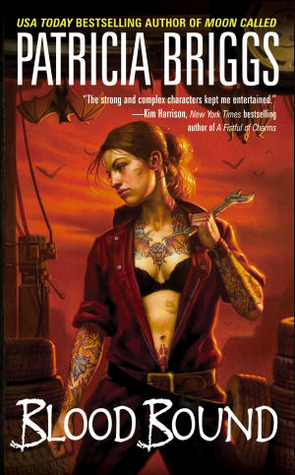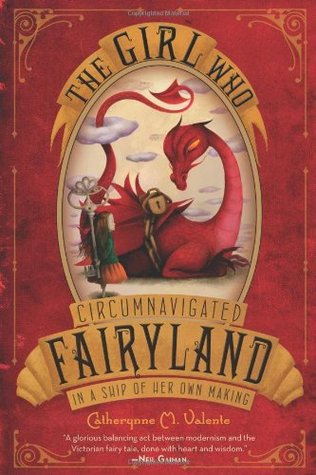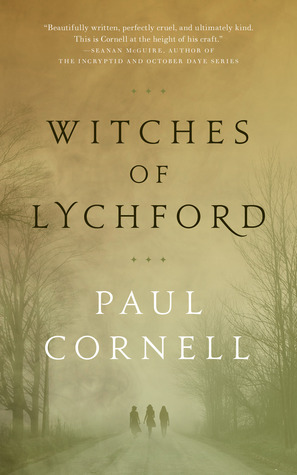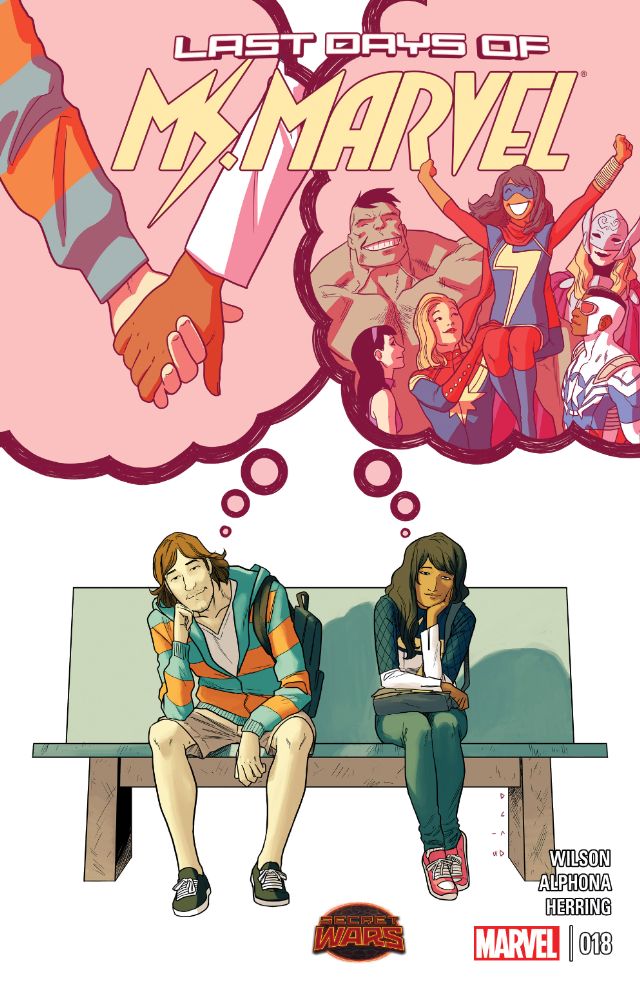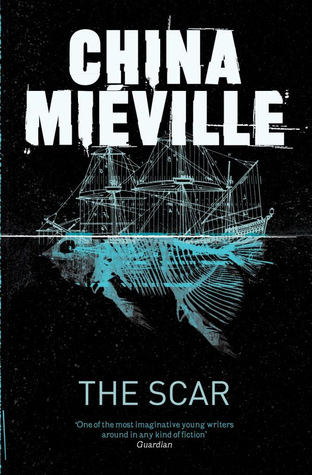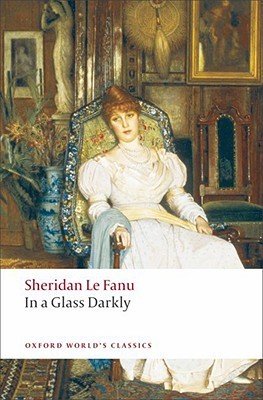Last weekend, I was following posts and tweets about Maggie Stiefvater (a white writer) being on a panel called “Writing the Other”. You can get some background here, but it’s not necessary for my post. The gist of many of the posts was that Stiefvater, a white writer, had no place on such a panel. There is a certain argument for that — that whatever else she is, Stiefvater still has a certain amount of privilege that means her voice doesn’t need promoting as much. And her definition of “Other” was fairly loose and included “writing about places you haven’t visited” and examples like that, which is not usually what we mean when we’re talking about “the Other”.
To pause and briefly define terms, when we’re talking about “Otherness”, it’s usually (in my understanding) about other identities, rather than other experiences. So gay people, people of colour, people with disabilities, Jewish people — groups of people who are “Othered”, who are treated as a distinct group with common traits.
But I did like something Stiefvater said in her original post, which I’ll quote here:
I assumed I was asked to be on the panel because I’m write [sic] about magic and mental illness, and magic that sometimes is a metaphor for mental illness. As someone who is tired of seeing OCD and suicide treated flippantly in novels, I’m looking forward to talking about how I’d like to see writers who don’t have personal experience with those things tackle them respectfully without making the story an Issues story.
To me, this definitely has a place on a diversity panel. I can tell you that as someone with an anxiety disorder, I’ve definitely been Othered. Even just as a Welsh person, I’ve had experiences that sometimes echo those of people of colour — for instance, when I read Catrin Collier’s introduction to Margiad Evans’ book, Country Dance:
I grew up in Wales in the 1950s and 60s, yet [Margiad Evans’] work was never mentioned at my school or local library. Whenever I asked the eternal question ‘What should I read next?’ I was directed towards Russian, English, American, German and French novelists. I discovered a few — a precious few — Welsh authors for myself, which only added weight to my teachers’s pronouncement that ‘people like you (translate as South Wales valley born) don’t write’.
Sound at all familiar? It did to me — both from the experiences of post-colonial people (which arguably, includes the Welsh) and from my own experiences. I didn’t know there was any Welsh literature. Raised in England, I was vaguely under the impression that writing was not a thing Welsh people did, that we didn’t have a written culture. Or not one worth exploring, at any rate.
Imagine my surprise at university, at the age of 21, when I signed up for a ‘Welsh Fiction in English’ class, and discovered a whole world of Welsh writing!
So what should diversity mean? The assumption seemed to be that Maggie Stiefvater could not be Other, could not represent diversity, because she’s visibly white.
Diversity should mean we remember to look for the invisible stuff, too. The very fact that people immediately assumed that Stiefvater couldn’t be Other is a little worrying — there are invisible illnesses and disabilities, there are people who aren’t out, there are people whose racial/cultural background isn’t obvious. Diversity panels obviously shouldn’t be made up solely of white people, but let’s make an effort to think about the non-obvious forms of diversity, too. Just because you can look at someone and see white skin, a majority culture and a boyfriend, that doesn’t mean they don’t know anything about diversity.
I haven’t read any of Stiefvater’s work yet, nor do I know anything about her mental health; the fact that she wanted to talk about it, though — and that the person who criticised her involvement in a panel didn’t even seem to consider that angle — struck a chord. If Stiefvater has things to say about OCD and suicide from personal experience, then we need to make space for that. If not in a panel about ‘Writing the Other’, then where? What is more Other than a group of people who’ve been literally demonised throughout history?
Now, if there’s a panel made up entirely of white people, we should definitely criticise it. And we should criticise any sign of homogeneity in such panels, if we end up at a point where a panel is all white gay men, or all white women with mental illnesses. But perhaps not by targeting an individual and saying, essentially, ‘you have no right to talk about being Other‘. Maybe, instead, we could ask, ‘Why do you feel you’re qualified to talk about being Other? What do you bring to the table?’ Let’s make a space for people to say, “I have an anxiety disorder, and I wanted to talk about how ‘crazy’ people are represented in fiction.” Or, “Well, I’m a woman dating a guy, but I’m actually bisexual and I’d like to talk about bi-erasure and problems specific to bisexual people.”
And if the answer is, “Well, actually, I’m not from a minority group at all, but I have thoughts about how they should be portrayed in fiction,” then we can say, “Maybe you should step down from the panel in favour of people who’ve lived those experiences.”
Mind you, I don’t know if that’ll work, because some people will always think they have something worthwhile to say, whether they do or not. Some people will always privilege their voices above others. But I’d like it if people would just stop to think about what diversity really looks like — whether it looks like anything at all, or whether we need to hold back on some of our assumptions.
Maybe it does need to look diverse. I just read Justina Ireland‘s post about diversity panels, and the fact that her experiences show that having a person of colour on the panel — just one! — already means a lot to other people of colour. Maybe we need to make sure that the people we have to speak on diversity panels are not just diverse, but intersectionally so. Black and mentally ill. Gay and Jewish. Genderqueer and Islamic.
For damn sure, diversity panels right now are sending a message, and it’s not the right one.
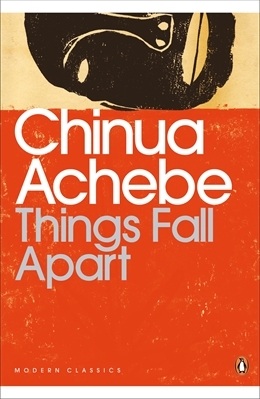 Things Fall Apart, Chinua Achebe
Things Fall Apart, Chinua Achebe
